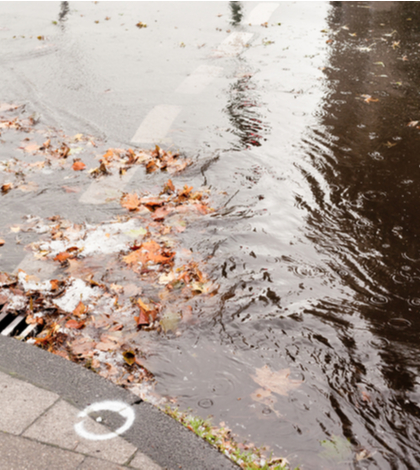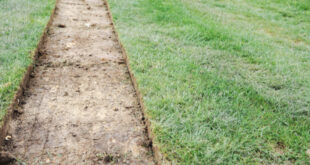On the heels of a similar $5 million pilot program approved by the Metropolitan Water District (MWD) of Southern California Board of Directors in September, the board approved a new $7.5 million pilot program last week to study the water supply potential of local stormwater capture. The September-approved study aims to provide vital data on the most cost efficient and cost-effective methods to capture and use stormwater runoff. As opposed to the new $5 million pilot program the September-approved study focuses on direct-use projects which capture stormwater in cisterns or underground collection systems and use it on-site for nonpotable purposes like irrigation.
The new $7.5 million will fund the construction of new stormwater projects and the installation of monitoring equipment on existing ones. The program will also gather data on the amount of water produced by projects that capture local rainfall and stormwater runoff and use it to recharge groundwater basins in the region.
“This could mark the beginning of a host of new local supply opportunities for Metropolitan and our member agencies,” said MWD Board Chairwoman Gloria Gray. “Metropolitan is always exploring new, better and more efficient ways to maintain reliability for Southern California, so we are excited to find out just how much potential there is for stormwater capture.”
“Before Metropolitan can consider investing in local recharge projects, we need a much better understanding of how much water they actually yield, and at what cost,” said MWD General Manager Jeffrey Kightlinger. “There’s a lot of expectations out there, but we don’t know how much of the captured stormwater water can actually be pumped up and used,” he said.
Kightlinger indicated that the new pilot program will collect information and data over three years on the costs and volume of water produced by different types of projects, such as spreading basins and dry wells. The data will help guide future decisions on the possible funding of stormwater capture projects.
Since 1990 MWD has provided more than $500 million in incentives for the development of local supply projects – mostly groundwater recovery and recycled water projects – through its Local Resource Program. But a local stormwater capture project has never been funded partly due to the lack of data on the volume of water actually produced by such projects. The study of local stormwater capture could open a new door for MWD’s investment in local resources and long-standing effort to diversify the region’s water supply portfolio as water supplies become more erratic due in part to climate change.
The pilot program will fund up to $1 million in costs for new projects, including construction, installation of monitoring equipment and production of monitoring reports. Existing projects will receive up to $500,000 for installation of monitoring equipment and production of monitoring reports. Up to 10 new and retrofitted projects across MWD’s service area and the region’s groundwater basins will be funded.
Through the recharge pilot program, projects will measure how much stormwater they capture, demonstrate how the water recharges the groundwater basin and identify how much additional water the basin produces as a result of the recharge. Projects can be located at public and private, non-residential sites. Application will be accepted by MWD beginning March 1, 2020; qualified projects will be accepted on a first-come, first-served basis. To review the board action as approved by the MWD Board of Directors, go to: https://mwdh2o.granicus.com/MetaViewer.php?view_id=12&event_id=5214&meta_id=206313
 California Water News Daily Your Source For Water News in California
California Water News Daily Your Source For Water News in California


